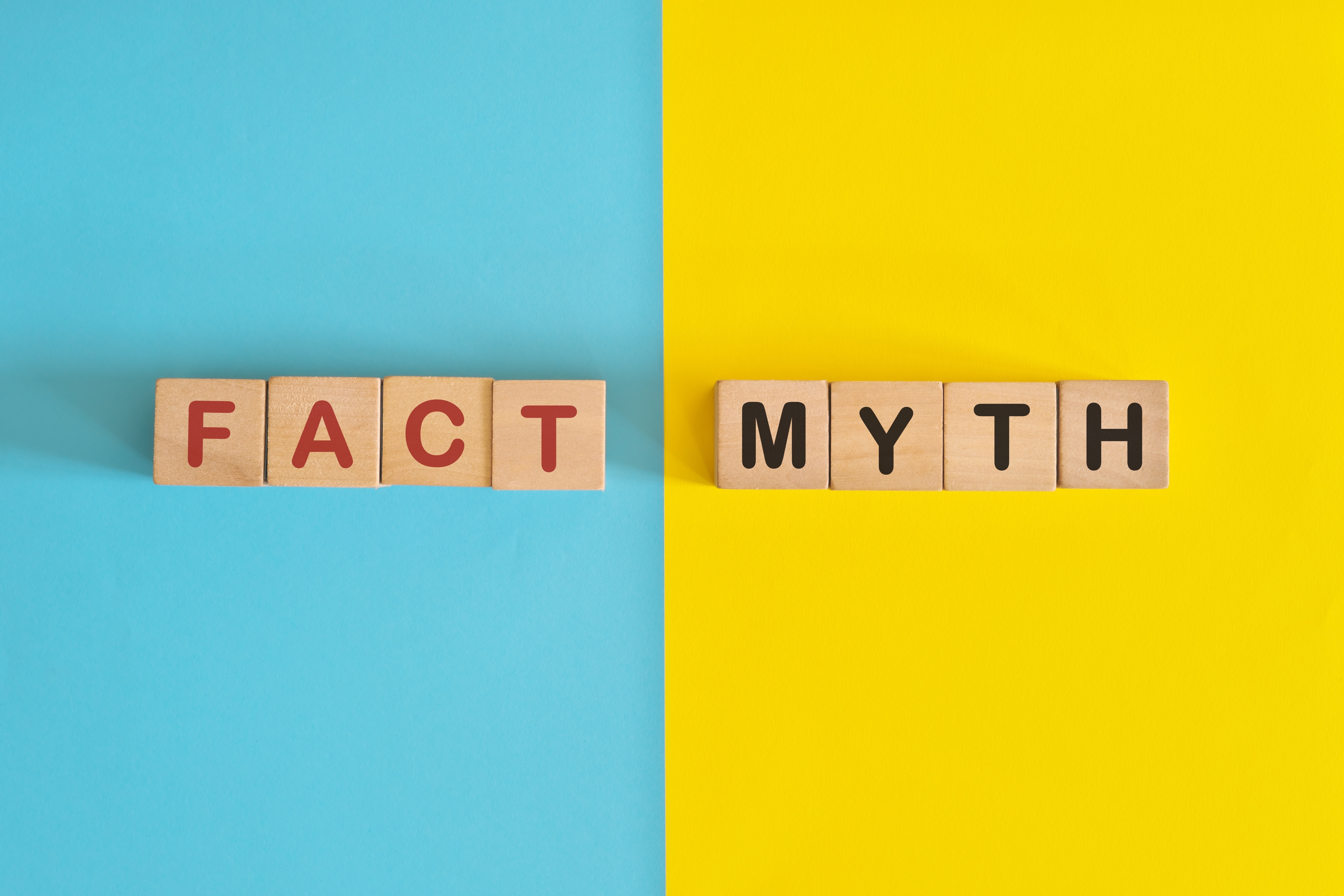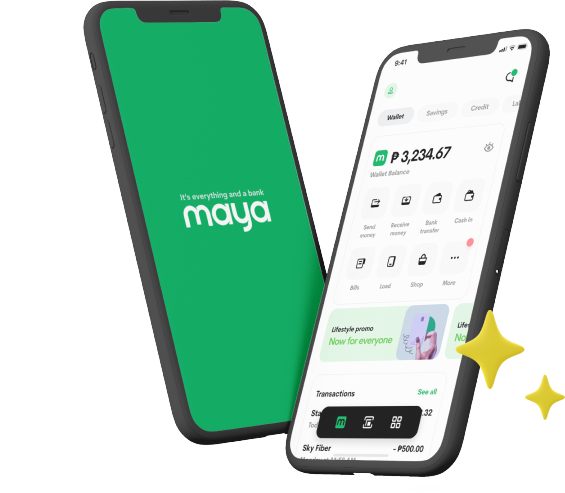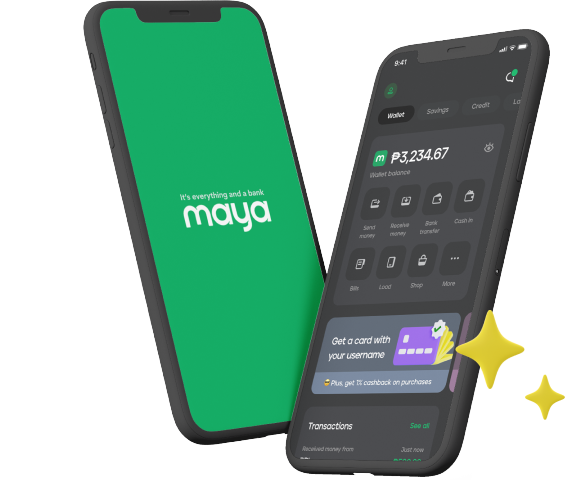Banking products in the Philippines are sometimes shrouded in myths and misconceptions that make them seem less like the useful financial tools that they actually are. Myths surrounding credit cards, for example, are perpetuated by hearsay, misinformation, and a general lack of financial literacy, which have often painted a picture of these as something to be feared or avoided. From stories of overwhelming debt to tales of hidden charges, these misconceptions have discouraged many Filipinos from considering credit cards as a viable financial option.
Filipino consumers who want to make informed financial decisions will need to first understand these myths and the truth behind them. This knowledge will give them a clearer perspective on how to leverage credit cards to their advantage and what responsible credit card usage entails. Far from being a source of financial ruin, credit cards can serve as powerful tools for managing expenses, building a solid credit history, and even earning rewards.
Maya, as a leader in digital banking and fintech services in the Philippines, is committed to empowering consumers with accurate financial information. Beyond offering innovative financial products, we provide expert advice to help users make smarter decisions. In this blog post, we’ll dispel some of the most persistent myths surrounding credit cards in the Philippines and offer readers a chance to reconsider their perceptions. In the process, we hope you’ll discover the true value of credit cards, including the benefits provided by Maya’s own Landers Cashback Everywhere Credit Card.
Myth No. 1: Credit Card Applications Are Too Difficult
The perception that applying for a credit card is an overly complicated and time-consuming process is a common deterrent for many Filipinos. Stories of tedious paperwork, long waiting periods, and strict income requirements have fueled the belief that credit cards are only accessible to a select few. This myth often leads people to dismiss the idea of applying for a credit card altogether, since they assume that the hurdles involved outweigh the potential benefits.
In reality, the advent of digital banking services has made applying for a credit card much easier than it used to be. Many financial institutions, including Maya, the country’s number 1 digital bank, have streamlined the application process and made it more accessible to a broader range of consumers.
It’s possible to complete online applications in minutes via your chosen bank’s website or mobile app, and your provider will often communicate approval decisions quickly through a convenient channel. For example, if you’ve been wondering how to get Maya credit card, rest assured that it’s a hassle-free process you can complete right from the Maya app. All you require are a Landers membership and an upgraded Maya account.
Myth No. 2: Owning a Credit Card Leads to Uncontrollable Debt
A fear that stops many people from getting a credit card is the belief that it will inevitably drive them into more debt than they can feasibly repay. The notion that simply having a credit card will tempt you into overspending and racking up a balance that you can’t pay off is pervasive. This myth is particularly strong among those who have heard horror stories from friends or family members who found themselves in financial trouble after mismanaging their credit cards.
However, the operative word here is “mismanaging.” The key to avoiding debt isn’t about avoiding credit cards altogether but rather about using them responsibly. If you teach yourself how to budget effectively and pay your balance off in full each month, you can avoid interest charges and keep your debt under control. In fact, credit cards can help you stay on top of your finances by providing a clear record of your spending that you can track in real time.
Mytho No. 3: Credit Cards Are Too Expensive to Maintain
Many hold off applying for credit cards because they’re turned off by the idea that these come with hidden charges that become impossible to maintain over time. Rumors about surprise fees, high annual charges, and costly interest rates often circulate, and these can make it seem as though owning a credit card will drain your finances rather than support them.
In reality, while credit cards do have fees, you can minimize and even outright avoid many of them with responsible use. Most credit cards offer a grace period where you can pay off your full balance each month without incurring any interest. Understanding the fee structure involves familiarizing yourself with the annual fee, interest rates, and when charges apply. Once you know these things inside-out, you can use the card more effectively and avoid unnecessary costs. For the convenience of our users, Maya provides a comprehensive list of fees and charges for the Landers Cashback Everywhere Credit Card on our website.
Myth No. 4: Credit Cards Are Unsafe and Prone to Fraud
The risk of financial fraud is a legitimate concern for many potential credit card users. However, the false notion that credit cards are inherently unsafe and leave you vulnerable to theft or unauthorized transactions often accompanies this concern. News of data breaches and scams further fuel this myth, eclipsing the more important points of financial security in the digital age.
However, modern credit cards are equipped with robust security features designed to protect users from fraud. These include encryption technology, real-time fraud monitoring, and zero-liability policies that ensure you’re not responsible for unauthorized charges. In addition, tools like SMS alerts and two-factor authentication introduce extra layers of security to preserve your peace of mind when using your card.
At Maya, we’re fully regulated by the BSP and we take compliance with cybersecurity requirements very seriously. The Landers Cashback Everywhere Credit Card comes equipped with constant fraud protection and the abovementioned enhanced security features. It also helps that you can manage your account through the Maya App, where you can monitor transactions and report any suspicious activity immediately.
Myth No. 5 You Should Only Have One Credit Card
There exists a common misconception that having more than one credit card can lead to confusion, overspending, and a negative impact on your credit score. This belief stems from the idea that multiple credit cards mean multiple debts and that managing them all would be overwhelming. As a result, many people think it’s safer and more practical to stick to just one card, if they have any at all.
The truth is that having multiple credit cards can actually be beneficial if you manage them wisely. Different credit cards offer different rewards, benefits, and credit limits that you can utilize strategically to maximize your financial advantage. For instance, you might use one card to earn free miles and other travel-related benefits, and another for everyday purchases to earn cashback. The Landers Cashback Everywhere Credit Card is an excellent complement to other cards, as it provides up to 5% cashback when you shop at Landers, 2% cashback on dining expenses, and 1% cashback on other purchases you make*, which can help you make the most of your card usage.
Contrary to what the above myths would have you believe, credit cards are nothing to be afraid of—and certainly not one-way tickets to financial ruin. Rather, when you know how to use them properly, they can be powerful tools that can help you take greater control of your financial future. If you want an effective way to make your money work harder for you, consider exploring Maya’s Landers Cashback Everywhere Credit Card and start making smarter spending choices today.
*Transactions that don’t qualify include: cash in, cash advance, quasi cash purchases, casinos and gambling, fuel, supermarket, pharmaceuticals, utilities, telco, and government.
You might also like
These Stories on Maya Bank





